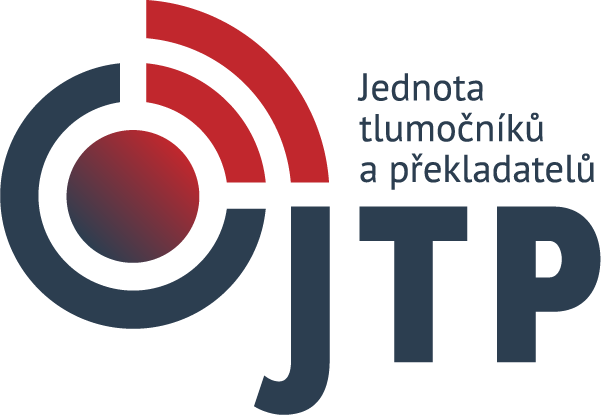Address health issues, don’t outsource them
The International Association of Conference Interpreters (AIIC) prides itself on being a diligent social partner with the EU Institutions where it has had Collective Agreements for over half a century, which ensure the high-quality interpretation needed by the European Institutions and offer legal certainty to both parties. |
The AIIC Delegations for the EU Sector deplore the unilateral decision by the European Parliament to outsource interpretation for one of its Committee meetings on 27 June 2022 – the very day that interpreters were supposed to initiate strike actions. |
Address health issues, don’t outsource them |
Since the onset of the COVID-19 pandemic, interpreters have had to work with highly-degraded sound due to remote participation and have repeatedly alerted the EU Institutions about the health issues resulting from this exposure. |
Yet, as remote participation has moved from a crisis measure to one of the normal ways of working at the EP, there has been no tangible improvement in the quality of remote connections. Furthermore, the EP has done away with the main exposure-mitigation measures protecting interpreters by imposing normal working conditions as of 13 June 2022, which do not contain provisions for remote participation in multilingual meetings. |
The strike actions aim at drawing attention to: |
– the health issues faced by interpreters since the introduction of remote participation, – the lack of technical compliance, and – the need to discuss and agree upon working conditions that are adapted to the way the EP is likely to carry out its work from now on. |
European social model, not social dumping |
Interpreting for statutory meetings of the European Parliament (including parliamentary committees) has for decades been provided by mixed teams of staff interpreters and accredited freelance interpreters. The Parliament’s own Code of Conduct on Multilingualism specifies that DG LINC should provide interpreting for these statutory bodies, which has always been organised as described above. The existing agreements have never previously been construed as allowing DG LINC to outsource the provision of interpretation for these bodies to external providers or agencies. Interpreters see this move as an act of social dumping, as well as an attempt to break a strike. |
The AIIC Delegations consider that such a move to use non-accredited interpreters, recruited via external agencies, possibly based outside the EU, fails to observe the Conditions of Employment of Other Servants of the European Union (CEOS) and the Collective Agreement between AIIC and the EU Institutions, and seriously undermines the strike action. |
We further highlight that high-quality interpretation is a prerequisite to protect the multilingualism enshrined in the European Treaties and is fundamental to MEPs effectively discharging their functions as well as EU citizens following the legislative process within the European Parliament. |
We call on the EP: |
– to act without delay to mitigate the health issues arising from remote participation and apply the precautionary principle until more relevant data is available, – to stop outsourcing interpretation, – to abide by the letter and spirit of applicable texts, and – to start urgent, meaningful social dialogue in view of agreeing upon a provisional framework for remote participation as soon as possible, and subsequently, a more structural framework which caters to the needs of the EP and offers sufficient protection for interpreters. |
More social dialogue, not less |
Instead of thinking ahead and engaging with interpreter representatives as they repeatedly called for such a new framework, the EP administration chose to unilaterally impose the least suitable working conditions, even though the EP has another applicable framework that covers remote participation. |
The interpreter’s delegations have already made proposals to cater for the interim period in a diligent and open spirit. We hope that these proposals will be seriously considered by the EP administration and that they will serve as a basis to reinitiate social dialogue, which is a key European value. |
At a time when the EP must be able to legislate efficiently and when interpreters are faced with grave health repercussions, more social dialogue is needed, not less. |
| **** |

